INS AND OUTS OF ORAL APPLIANCE THERAPY
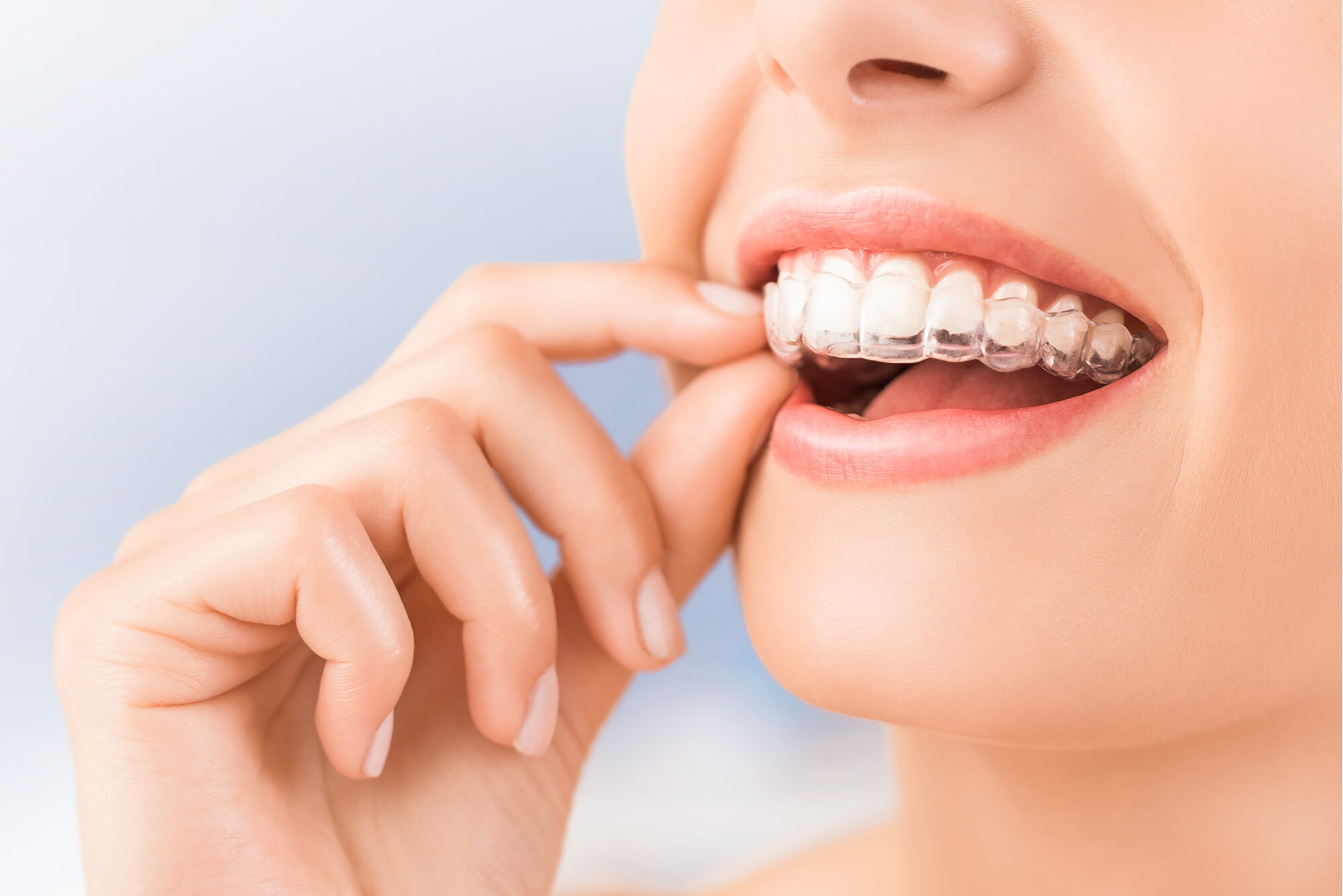
Oral appliance therapy is a treatment commonly used for obstructive sleep apnea. A CPAP (continuous positive airway pressure) machine is a commonly used device also used to treat sleep apnea. However, not all sleep apnea patients need CPAP treatment. For mild to moderate obstructive sleep apnea (OSA) a dentist can prescribe oral appliance therapy.
WHAT IS SLEEP APNEA?
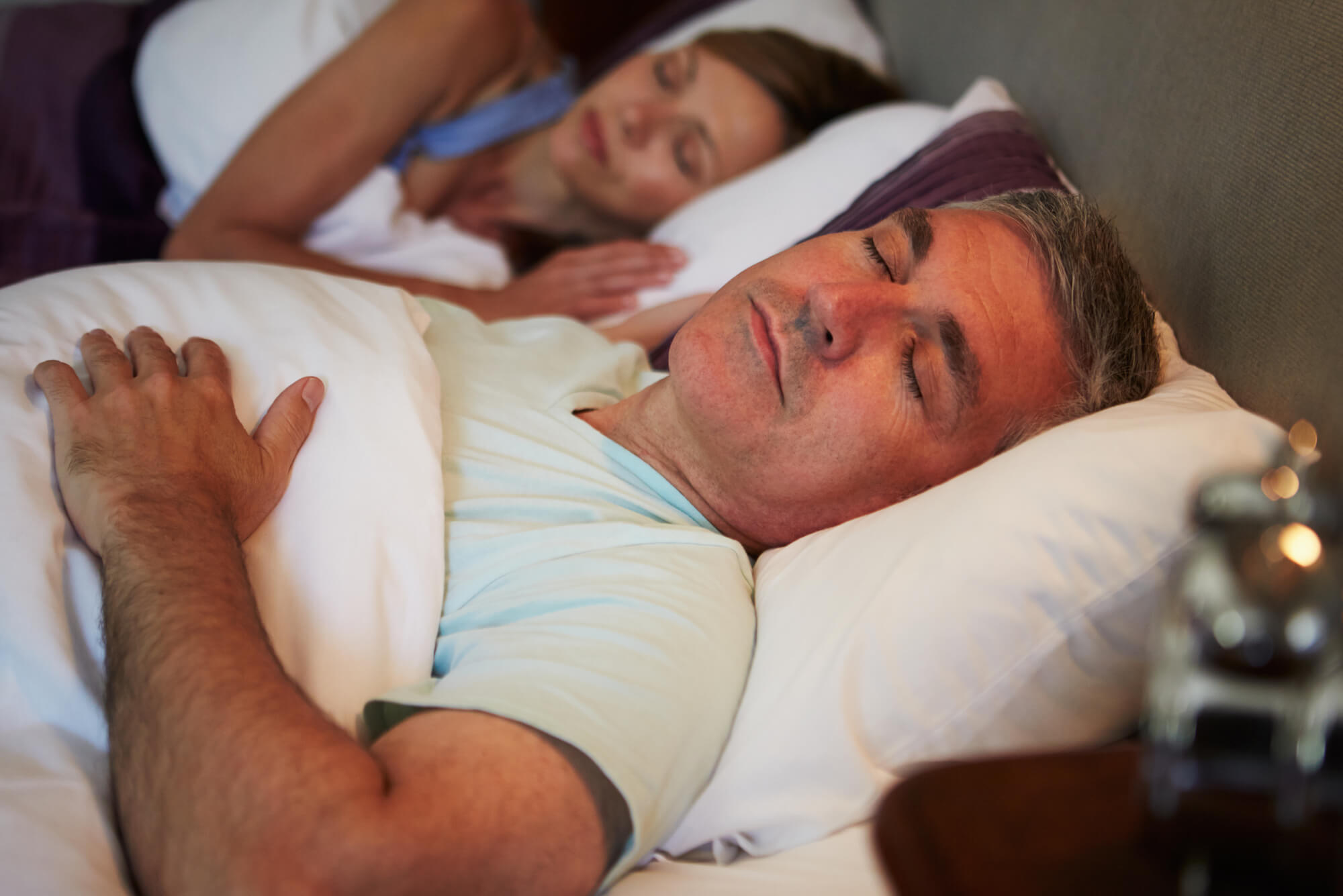
Daytime symptoms of obstructive sleep apnea:
- Trouble focusing
- Hyperactivity
- Depression
- Drowsiness
- Fatigue
- Forgetfulness
- Feeling Down
- Irritability
Obstructive sleep apnea (OSA) occurs when the soft tissue in a person’s throat repeatedly collapses and blocks the airway during sleep.
These partial reductions and complete pauses in breathing typically last between 10 and 30 seconds but can persist for one minute or longer. These pauses can happen hundreds of times a night, leading to abrupt reductions in blood oxygen levels.
The brain alerts the body to its lack of oxygen, causing a brief arousal from sleep that restores normal breathing. The result is a fragmented quality of sleep that often leads to excessive daytime sleepiness.
Most people with OSA snore loudly and frequently, with periods of silence when airflow is reduced or blocked. They then make choking, snorting or gasping sounds when their airway reopens. Loud snoring can also occur.
Explore how you can conquer obstructive sleep apnea with oral appliance therapy in Tennessee.
HOW DOES ORAL APPLIANCE THERAPY WORK?
Custom made oral appliances reposition the tongue and lower jaw forward during sleep to maintain an open airway. Dentists trained in dental sleep medicine know how to select, fabricate, fit, and adjust these devices, which look like mouth guards, to help patients breathe freely during sleep.
Follow-up visits and post adjustment sleep studies help dentists determine if oral appliance therapy is effectively treating their patients’ sleep apnea.
Dentists are not permitted to diagnose sleep apnea. Diagnosis should be done at an accredited sleep center (www.sleepcenters.org).
WHAT ARE THE CAUSES OF OBSTRUCTIVE SLEEP APNEA?
There are many causes and risk factors related to OSA. The most common risk factors for sleep apnea include:
- Excess Weight
- Narrow Airways
- Hypertension
- Chronic Nasal Congestion
- Smoking
- Diabetes
- Asthma
Gender is another factor that influences your risks of sleep apnea. Men are more likely than women to develop OSA over their lifetime. If family members have sleep apnea, your risk factor for OSA is also considerably higher.
HOW DOES ORAL APPLIANCE FOR SLEEP APNEA WORK?
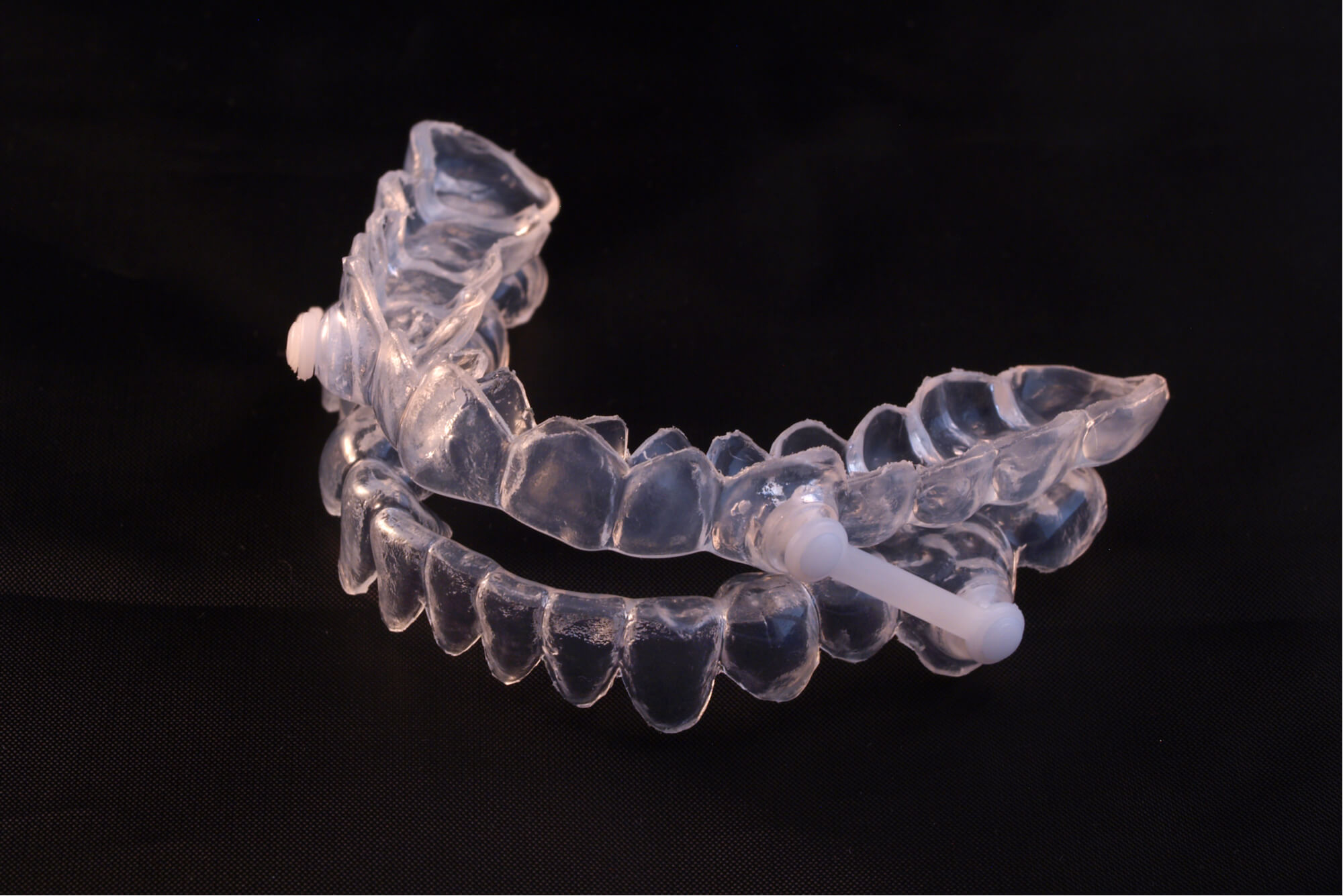
Custom-made oral appliances reposition the tongue and lower jaw forward during sleep to maintain an open airway. Dentists trained in dental sleep medicine know how to select, create, fit and adjust these devices, to help you breathe freely during sleep. As a result, you will sleep better, and not have to worry about keeping your CPAP plugged in all night.
MAD FOR SLEEP APNEA
We call these oral appliances mandibular advancement devices (MAD). The MADs used at Snodgrass-King will hold the lower jaw (mandible) forward and apart from your upper jaw, which also pulls your tongue forward. With the tongue in a more forward position, your airways can stay open and help you settle into a more sustainable sleeping pattern.
After being fitted for a MAD, you will need to schedule follow-up appointments and post-adjustment sleep studies to track your progress. These follow-up appointments will help both you and your doctors know if your treatment is working.
CAN A DENTIST DIAGNOSE SLEEP APNEA OR SLEEP DISORDERED BREATHING?
Dentists are not permitted to diagnose sleep apnea. Diagnosis should be done at an accredited sleep center (Sleep Foundation). Working with an accredited sleep center can also help you get a diagnosis for other sleep problems. Once you have a confirmed diagnosis of sleep apnea, our dentists can help you start your oral appliance therapy.
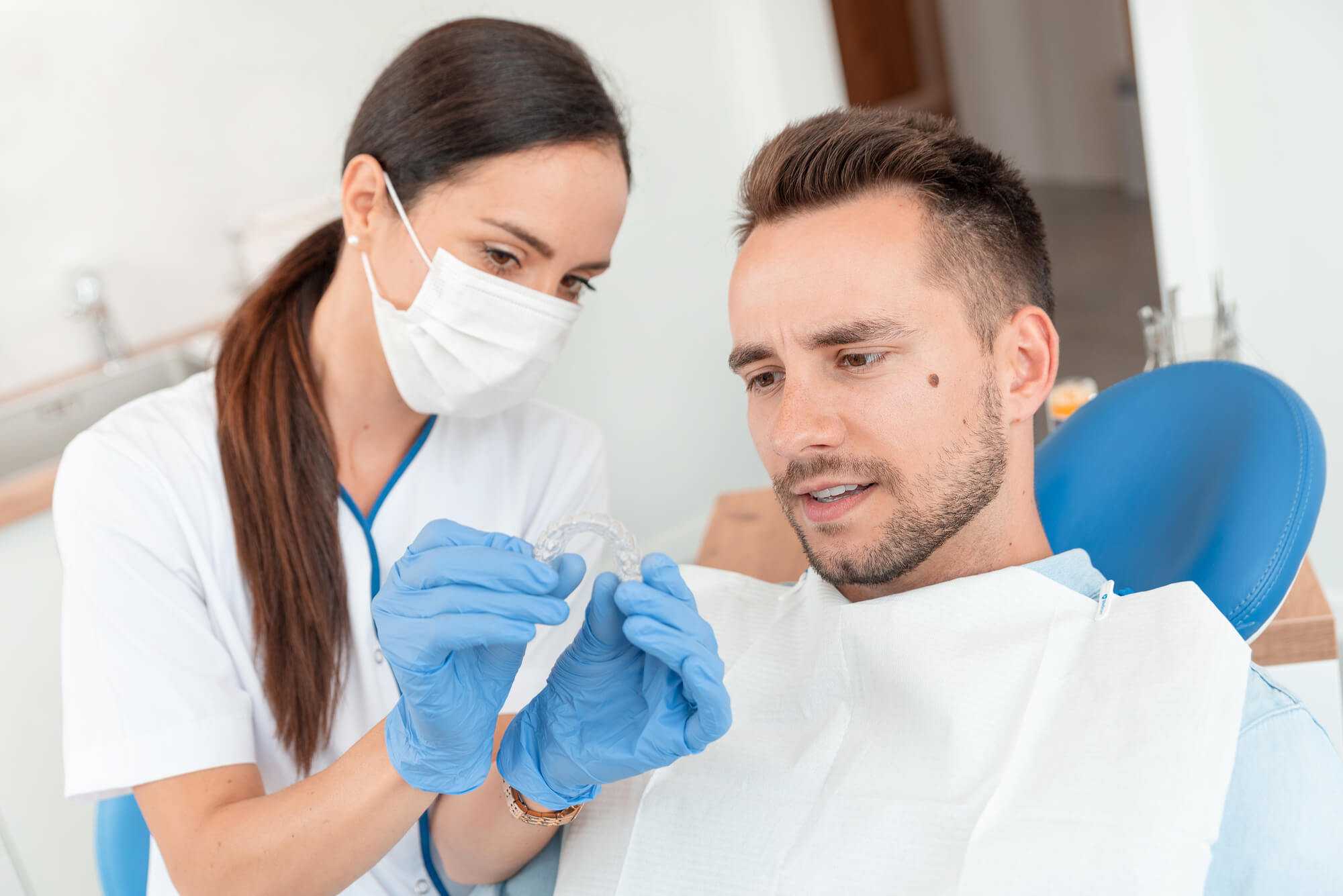
WHO SHOULD USE AN ORAL APPLIANCE?
Oral Appliance Therapy is indicated for mild to moderate OSA patients if they prefer it to Continuous Positive Airway Pressure (CPAP), the standard treatment therapy, cannot tolerate CPAP, or are unable to use positional therapy or weight loss to control their apnea.
Oral appliances are also recommended for severe OSA patients if they cannot tolerate CPAP. Patients with severe OSA should always try CPAP before considering oral appliance therapy.
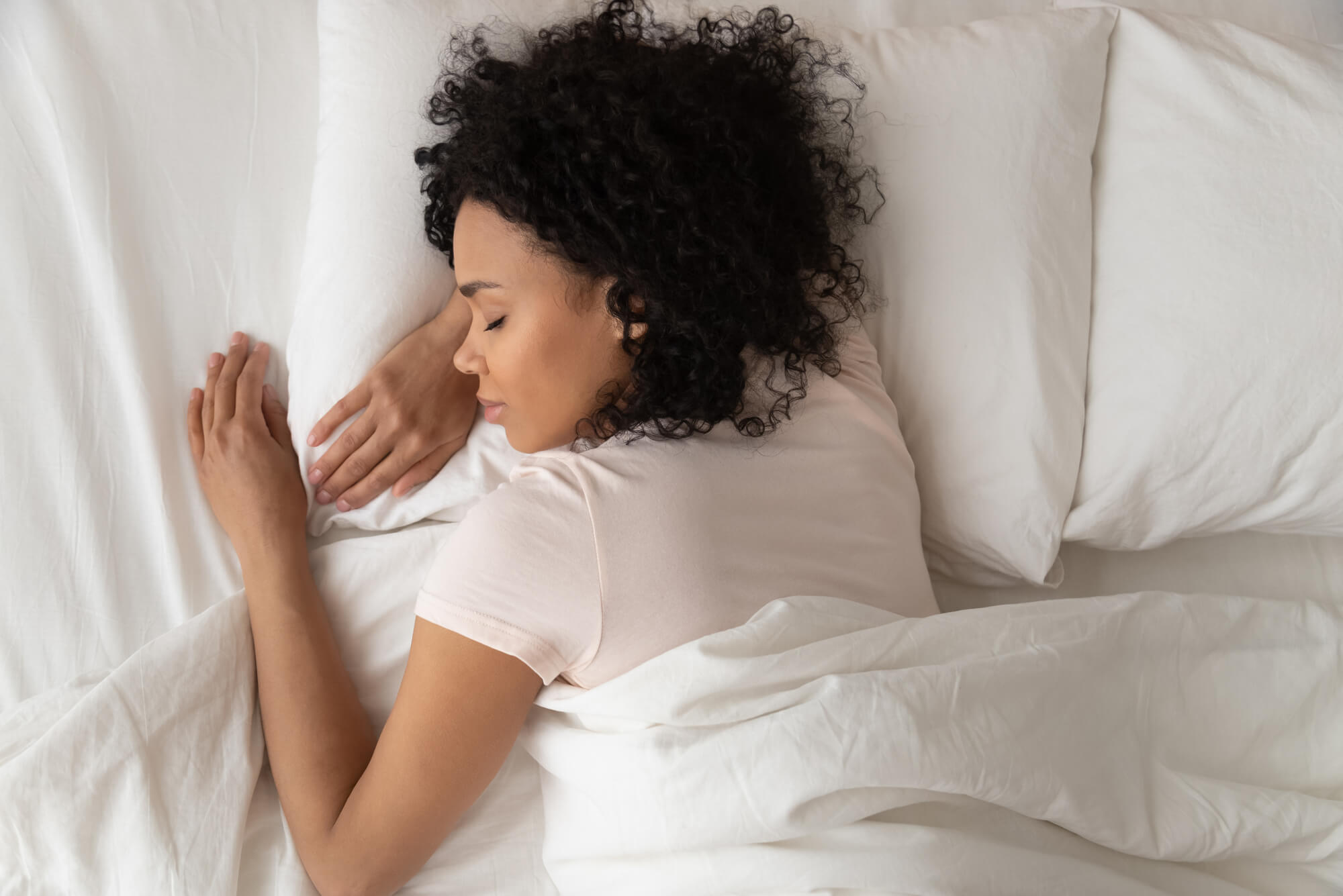
UNTREATED OSA INCREASES YOUR RISK FOR:
- Excessive daytime sleepiness
- Driving and work-related accidents
- High blood pressure
- Heart disease
- Heart attack
- Stroke
- Diabetes
- Obesity
- Depression
- Memory loss
- Morning headaches
- Irritability
- Decreased sex drive
- Impaired concentration
ARE THERE SIDE EFFECTS TO USING AN ORAL APPLIANCE?
Oral appliance therapy may cause some minor side effects for patients. Side effects include:
- Bite changes
- Dry mouth
- Excess saliva
- Jaw discomfort
- Tooth discomfort
In rare cases, patients may develop complications like TMJ pain, general jaw pain, and permanent bite changes.
TALK TO YOUR FAMILY DENTIST ABOUT ORAL APPLIANCE TREATMENT
Our pediatric and family dentists at Snodgrass and King Dentistry in Tennessee offer oral appliance therapy for patients diagnosed with sleep apnea. Although we can’t diagnose sleep apnea, we can help you find an accredited sleep center. Once you have a diagnosis we will work with you every step of the way to ensure you get the best results from appliance therapy.

